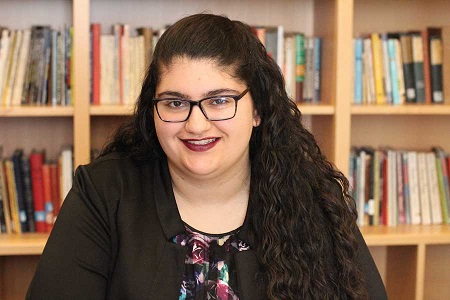
As a writer/performer who’s worked in Chicago’s nonprofit arts sector for some time, Ian Belknap relates, “There’s a bit of a ‘fish doesn’t know it’s wet’ dynamic that often pertains in the ways that we structure our organizations and the ways we make creative work. There are these rigid conceptions of how things are ‘supposed to go’ that too frequently go unexamined.” Digging into the Windy City’s ensemble ethos, for his report on the new book Ensemble-Made Chicago: A Guide to Devised Theatre, Belknap found companies whose ways of working demonstrate powerful alternatives to predominant models, serving as a reminder that “idealism in action remains possible, and that precedent or custom are not sufficient as justifications for any mode of operating.”

Yasmin Zacaria Mikhaiel is a Chicago-based dramaturg, arts journalist, and oral historian who appreciates working on narratives that amplify “lost” histories. It’s fitting, then, that her American Theatre debut examines the roots of racism in Chicago, and its manifestations in the comtemporary theatre scene. “Chicago is still segregated because infrastructure as we know it was specifically designed that way,” she notes, adding that her city “isn’t unique in this regard. Nationwide, both institutions and people have not robustly interrogated how they contribute to racist systems.” Digging into issues of housing policy, grantmaking, transportation, and criticism, she keeps an eye on “who is and isn’t at the table. What truly piques my interest is figuring out why and what can be done about it.”

